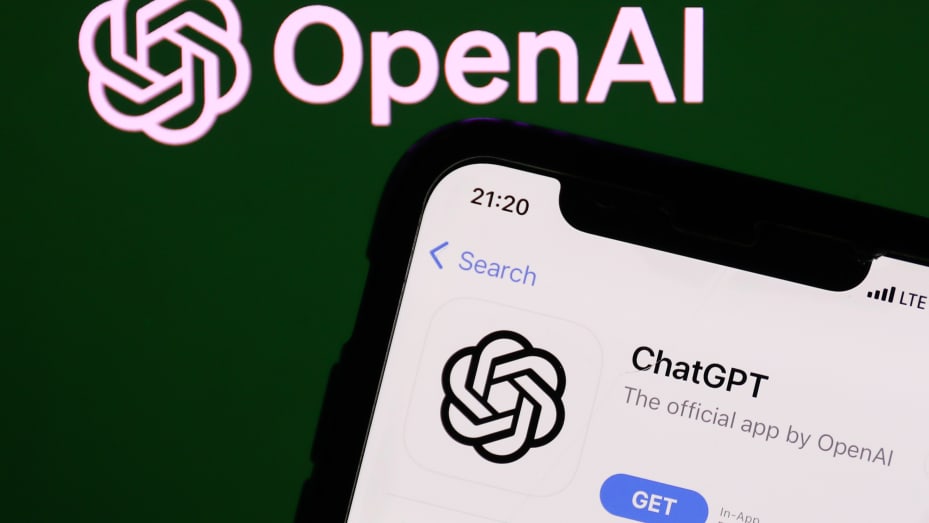Two novelists are suing OpenAI for copyright infringement, CNBC reports. Best-selling authors Mona Awad and Paul Tremblay allege that the firm wrongfully used their copyrighted novels to train ChatGPT, OpenAI’s chatbot. The authors say the artificial intelligence-powered platform can produce summaries of their work that are so on point that they’re “only possible” if the AI culled protected material. OpenAI, which received a $10 billion investment from LinkedIn’s parent company, Microsoft, says ChatGPT pulls its information from web crawls, which can include archived books and Wikipedia.
- A new analysis shows that ChatGPT downloads have slowed in recent weeks.
- OpenAI is assembling a a team to manage “superintelligent” AI systems that it says could exceed human intelligence within a decade.
By Todd Dybas, Editor at LinkedIn News
Authors sue OpenAI, allege their books were used to train ChatGPT without their consent
- Two authors filed a lawsuit against OpenAI alleging that their copyrighted books were used to train ChatGPT without their consent.
- Paul Tremblay and Mona Awad claim that ChatGPT generates “very accurate summaries” of their works, according to the complaint.
- They allege the summaries are “only possible” if ChatGPT was trained on their books, which would be a violation of copyright law.

Two authors filed a lawsuit against OpenAI last week alleging that their copyrighted books were used to train the company’s artificial intelligence chatbot, ChatGPT, without their consent.
Paul Tremblay, author of “The Cabin at the End of the World,” and Mona Awad, author of “Bunny” and “13 Ways of Looking at a Fat Girl,” said ChatGPT generates “very accurate summaries” of their works, according to the complaint. They allege the summaries are “only possible” if ChatGPT was trained on their books, which would be a violation of copyright law.
ChatGPT automatically generates text based on written prompts in a way that’s much more advanced and creative than the chatbots of Silicon Valley’s past. The technology was developed by San Francisco-based OpenAI, a research company led by Sam Altman and backed by Microsoft.
The chatbot is trained on an enormous amount of text data. OpenAI doesn’t reveal what precise data was used for training ChatGPT, but the company said it generally crawled the web, including the use of archived books and Wikipedia.
The lawsuit, which was filed with a San Francisco federal court, alleges that “much” of the material in OpenAI’s training data is based on copyrighted materials, including books by Tremblay and Awad. But proving exactly how and where ChatGPT gleaned this information, as well as whether the authors have suffered financial damages, could be a challenge.
The complaint references exhibits of the summaries that ChatGPT generated, and it notes that the chatbot gets some things wrong. Awad and Tremblay said that the rest of the summaries are accurate, however, which means “ChatGPT retains knowledge of particular works in the training dataset.”
“At no point did ChatGPT reproduce any of the copyright management information Plaintiffs included with their published works,” the complaint said.
BY Ashley Capoot, CNBC











